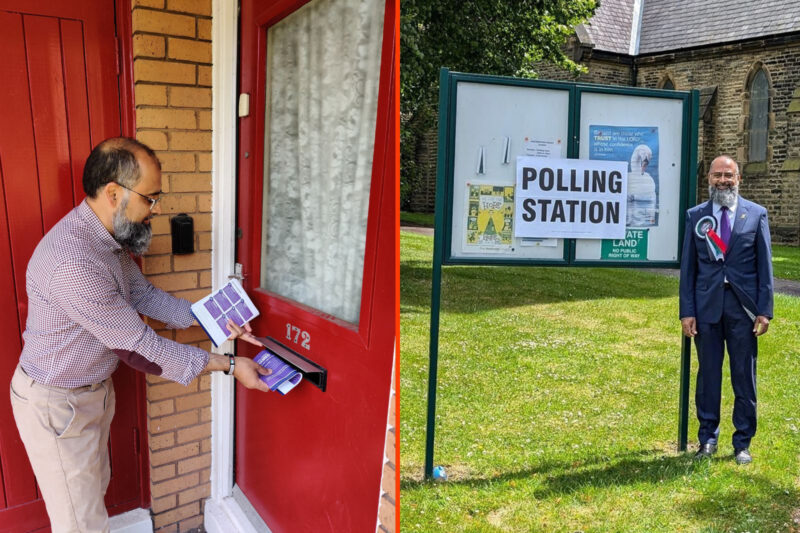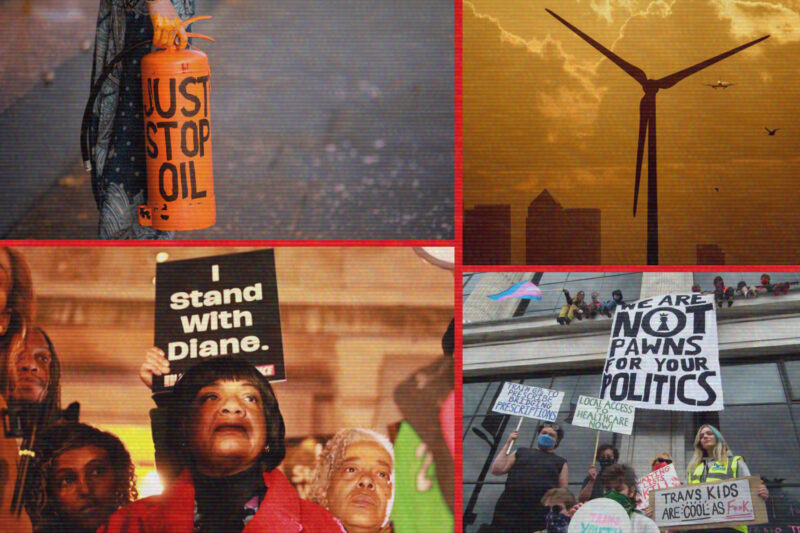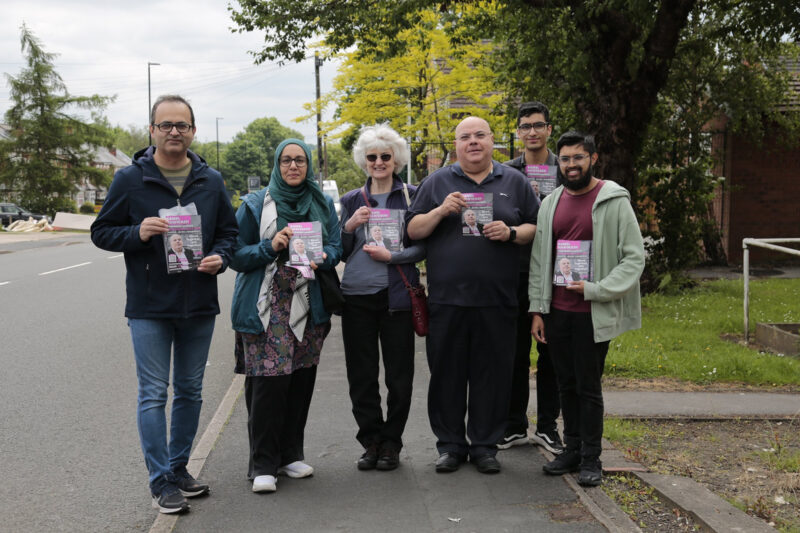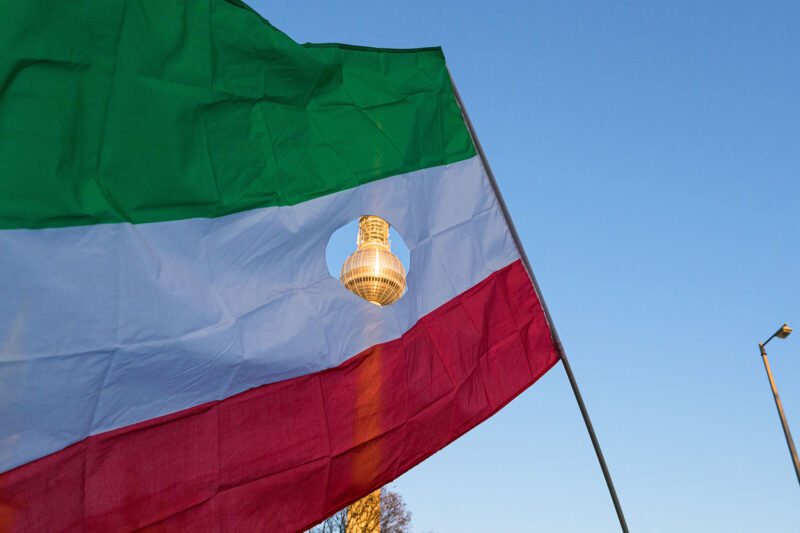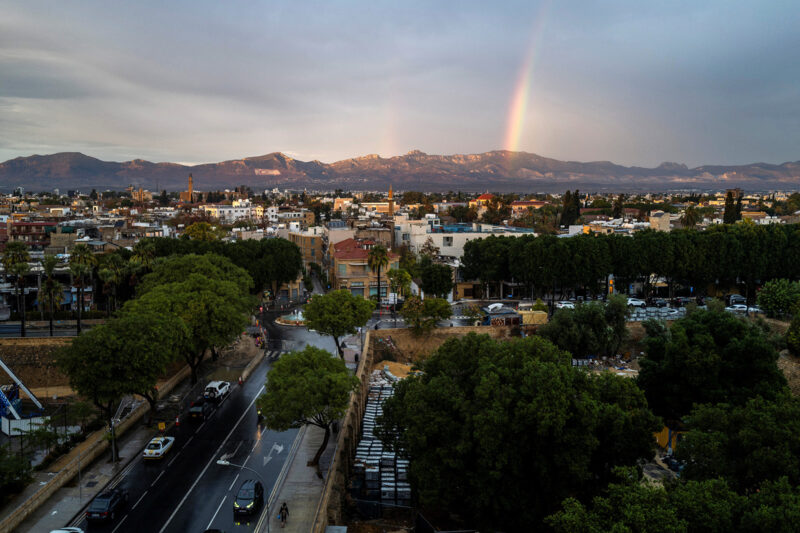Labour manifesto pledges to recognise Palestine as part of a ‘peace process’
The document calls for an immediate ceasefire and an eventual two-state solution, but makes no time commitments for realisation of the promises

The Labour party has pledged to recognise a Palestinian state if elected to government on 4 July, as part of its contribution to “a renewed peace process”.
“Palestinian statehood is the inalienable right of the Palestinian people. It is not in the gift of any neighbour and is also essential to the long-term security of Israel,” said the party’s manifesto, released on 13 June. The manifesto also calls for an immediate ceasefire to the conflict and an eventual two-state solution.
However, the document did not propose a timeline for realisation of the pledge, unlike the party’s 2019 manifesto, which promised to recognise a Palestinian state “immediately”.
“This is a weakening of Labour’s position,” said Ben Jamal, director of the Palestine Solidarity Campaign, a UK-based activist organisation. “If Labour claims to be committed to recognising the Palestinian right of self-determination, then there are no grounds not to recognise the state immediately.”
Recognition of Palestinian statehood would itself be “only a stepping stone to full implementation of the Palestinian right to self-determination, including the right of refugees to return,” he added.
Ahead of the 4 July election, the issue continues to hold salience for voters. According to a recent poll carried out by Hyphen, 44% of Muslims and 12% of the general public said the Israel-Palestine conflict was in their top five concerns going into the election.
Vincent Fean, trustee of the Balfour Project, a British organisation advocating for equal rights for Palestinians and Israelis, and former UK Consul-General to Jerusalem, said he welcomed Labour’s “clear commitment” to recognise Palestine, but called the response “belated”.
“This history of wrongs adds weight to Britain’s long overdue recognition of the right of the Palestinian people to self-determination. Recognition now is a moral, political and legal duty,” he said.
Earlier in May, Keir Starmer, the Labour leader, told the BBC that the recognition of a Palestinian state is “incredibly important” but only at “an appropriate time” in the process of resolution.
When pressed further, he would not commit to recognising a Palestinian state within six months of the election.
The Labour leadership’s position on the Israel-Palestine conflict — including Starmer’s comment in an LBC interview last October that Israel “had the right” to withhold water and electricity from Gazans, and the party’s reluctance to call for an immediate ceasefire — has alienated many party members and voters.
Labour members and councillors across the UK have also expressed unease over the party’s position. Since February more than 23,000 people have cancelled their Labour memberships and more than 100 Labour councillors have resigned since the beginning of Israel’s ground offensive in Gaza in October 2023.
Sabia Akram, a councillor in Slough, who resigned from the Labour party last week along with six other councillors, said she doubts that Starmer’s commitment to Palestine is sincere. “We have been duped previously by a Labour government led by Tony Blair into going to a proxy war in Iraq, and we personally don’t trust that Keir Starmer is not going to do something similar,” she said.
“As a Labour councillor I was told I couldn’t use the word ‘sanctions’ or talk about divestment. And for me, Gaza was a litmus test. If today we can’t ask for this, if today our party can’t stand up for human rights and is cherry picking where humanity lies, then how can we trust them in government?”
The state of Palestine is currently recognised by around 144 of the 193 member states of the United Nations.
On 4 June, Slovenia became the latest European country to recognise Palestine, following Ireland, Spain and Norway, who did so last month.
 Newsletter
Newsletter



